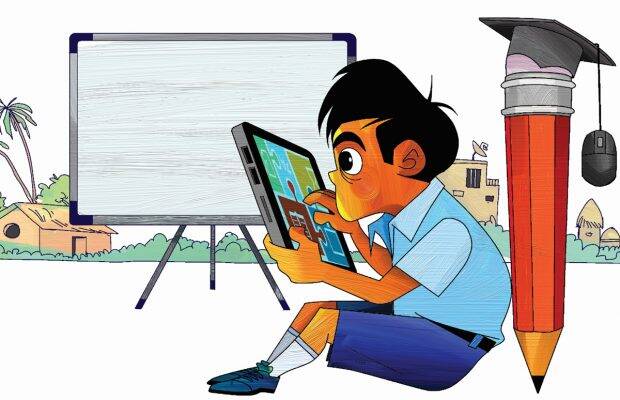During the lockdown last year, ‘coding education’ for young children became the buzzword in the edtech space, and this phenomenon continues today even as kids are back to physical classrooms. While there is no reliable data on how many kids started learning coding during that period, Shivram Choudhary, founder & CEO, Codevidhya, says that the interest (in coding) wasn’t sudden, but the pandemic urged everyone to think about the future. “Everything is going to run on code,” he says.
Founded in 2016, Codevidhya aims to help young students learn coding skills, as also soft skills like creative-thinking, critical-thinking, problem-solving, and so on.
Choudhary adds that while ‘schoolchildren coding’ grabbed headlines, equal interest is being shown by professionals as well. “Coding is essentially upskilling, and in this age when technology is changing by the day, professionals know that to remain relevant in their jobs they need to upskill,” he says.
As far as schoolchildren are concerned, he adds that coding is a great platform for skill development. “Every hour a child spends learning to code, she’s mastering a skill such as critical-thinking or problem-solving. I believe today’s children must know how to code,” he says. “They should ideally start to learn to code at the age of 5. They’re at a stage in their development where a lot can be nurtured.”
In addition of helping develop soft skills, coding is also claimed to strengthen one’s mathematical knowledge. “Statistics show that kids who learn to code do better mathematically,” Choudhary says.
Contrary to perception, coding isn’t only for those kids who want to become engineers. In a few years from now, all professions will see extensive use of artificial technology (it has already started, with lawyers, doctors and even farmers relying on AI). Therefore, be it any profession the kid wants to get into, learning to code is expected to pay in the long term.


